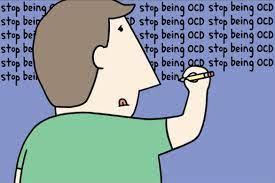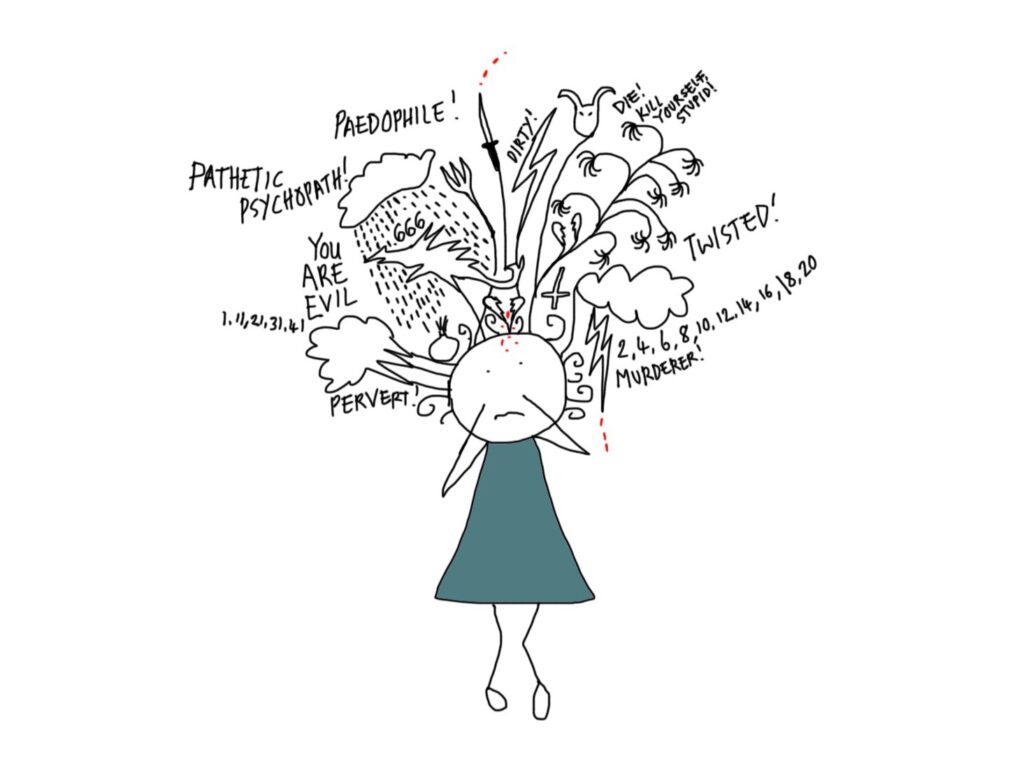Do you have obsessive-compulsive disorder? Are you looking for ways to manage your symptoms on your own? If so, this blog post is for you! In this post, we will discuss self-ERP (exposure and response prevention) strategies that can help you manage your OCD. We will also provide a few tips on how to stick to your ERP plan.
Contents
What Is ERP?

ERP is a type of cognitive-behavioral therapy that is commonly used to treat OCD. It involves exposure to the things that trigger your obsessions (exposure) and then learning to resist the urge to engage in compulsions (response prevention). It can be a difficult treatment to stick to, but it is often very effective.
ERP provides coping skills for when a triggering situation presents itself, allowing them to then use the skills to prevent their compulsion from taking over.
How Does ERP Help OCD?
ERP helps OCD by helping you to confront your fears and learn that you can cope with the anxiety and discomfort that comes with them. It also teaches you how to resist compulsions, which can help to reduce the frequency and intensity of your obsessions. It is important to note that ERP is not a cure for OCD, but it can be a very effective treatment for reducing symptoms.
Why Self-ERP?
Self-ERP is a great option for people who are looking for a more flexible treatment option. It can be done anywhere, at any time, and it does not require the assistance of a therapist. However, self-ERP can be difficult to stick to because it requires a lot of discipline and motivation.
An important step in ERP would include the patient stopping themselves from engaging in the rituals and compulsions. This prevents the patient from reinforcing the obsession through avoidance. All of these steps help the patient tolerate both the discomfort of having their irrational fears come true and the uncertainty around what might happen next.
Self ERP Procedure

Exposure and response prevention therapy involves teaching the person to identify the trigger event that causes their anxiety attacks. Once this is determined, the person can learn to think of possible alternative scenarios.
There are a few things you should keep in mind when doing self-ERP.
First, you will need to identify your triggers. What are the things that make your OCD worse? Once you know what your triggers are, you will need to create a hierarchy of exposures. This means ranking your triggers from the least anxiety-provoking to the most anxiety-provoking. Having overcome the mild sensation of OCD, and that ERP therapy limits their response, they end up facing the sheer unreasonableness of their fears that causes an OCD reaction. For example, if you are afraid of germs, you might start by touching doorknobs and then move on to shake hands with someone.
You will also need to create a plan for how often you will expose yourself to each trigger. It is important to start slowly and gradually increase the frequency of exposures as you become more comfortable with the process.
Finally, it is important to remember that you should not do self-ERP if it is going to make your OCD worse. If you are feeling very anxious or like you are about to have a panic attack, stop the exposure and consult with a mental health professional.
Tips for Sticking to Your ERP Plan

First, you need to make sure that you are ready to face your fears. This means that you should only expose yourself to things that you are reasonably certain you can handle.
Pick a Trusted Person: When you’re starting ERP, it’s important to pick someone you trust to be your coach or therapist. This person will help you through the process and provide support when needed.
Start with Simple Exposures: Don’t try to tackle all of your fears at once. Start with something that is mildly anxiety-provoking and work your way up.
Create a Hierarchy of Fears: Once you have a list of your fears, rank them from least to most distressing. This will help you know which exposures to start with.
Set a Realistic Schedule: ERP can be time-consuming, so it’s important to set a schedule that you can realistically stick to. Try to do at least one exposure every day.
Be consistent with your exposures. It is important to do them regularly, even when you don’t feel like it.
Be Patient: Recovery from OCD takes time and there will be setbacks along the way, but it is worth the end results. Be patient with yourself and don’t give up!
Find a support group. There are many online and in-person support groups available for people with OCD. This can be a great way to connect with others who understand what you are going through.
If you are struggling with OCD, we hope that this blog post has been helpful. Remember, self-ERP is a difficult but effective treatment for reducing symptoms of OCD. With a little planning and effort, you can learn to manage your disorder and live a fulfilling life.
Conclusion
Self-ERP is a difficult but potentially very effective treatment for OCD. If you are considering self-ERP, be sure to pick a trusted person to help you, start with simple exposures, and be patient with yourself. With time and effort, you can learn to manage your OCD symptoms and live a fulfilling life. Make sure to contact a therapist to discuss your progress. If you are looking for affordable Online OCD Counseling MantraCare can help: Book a trial OCD therapy session


